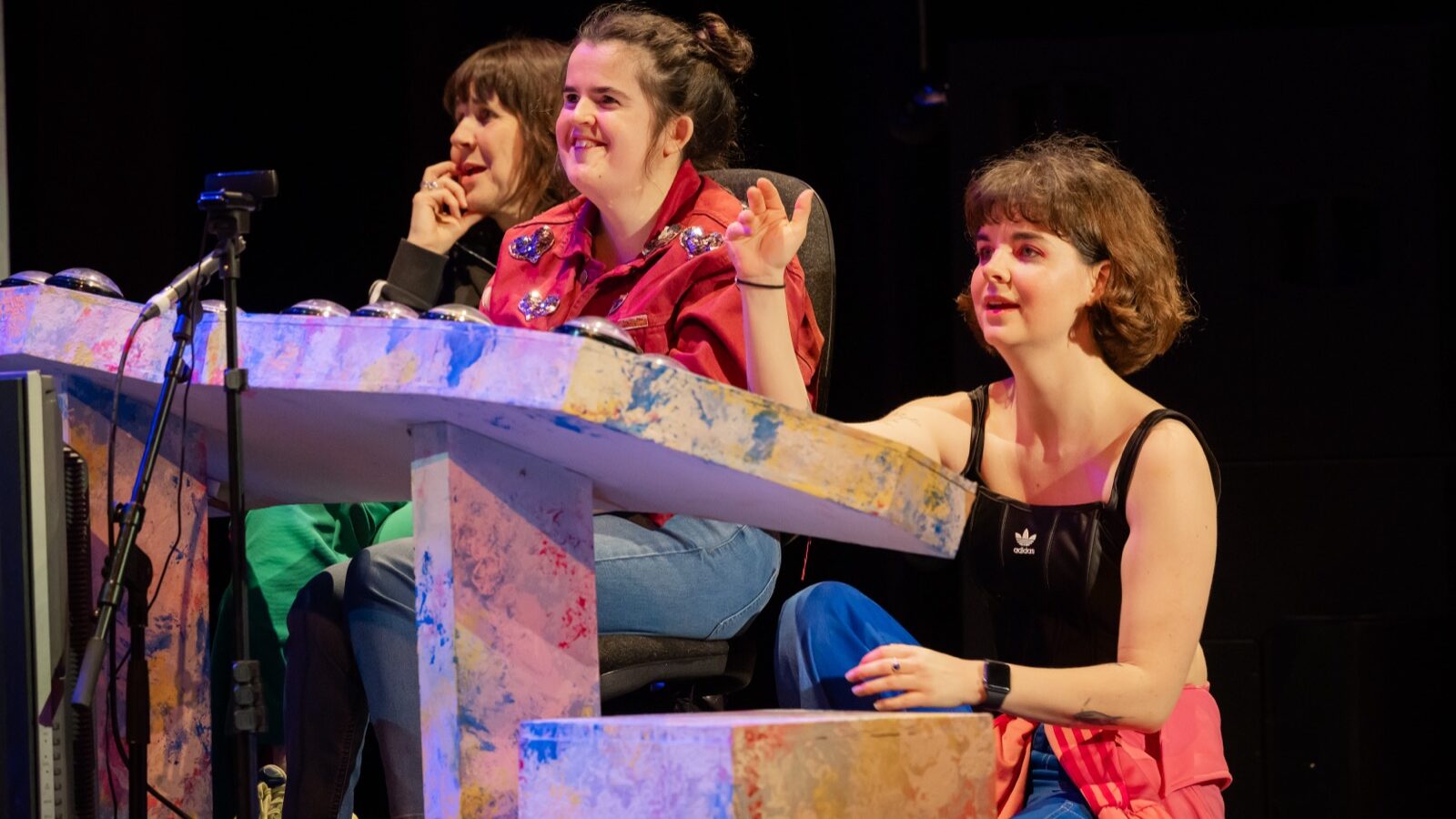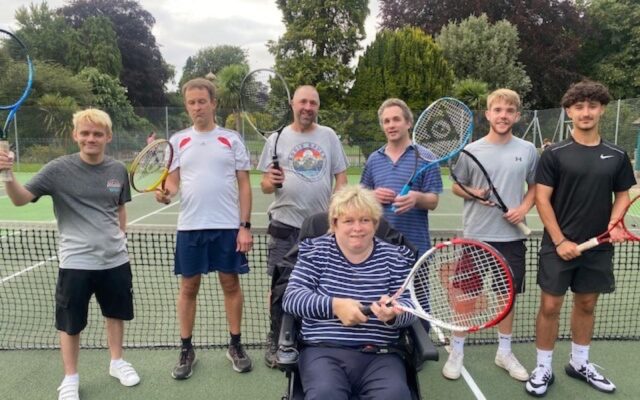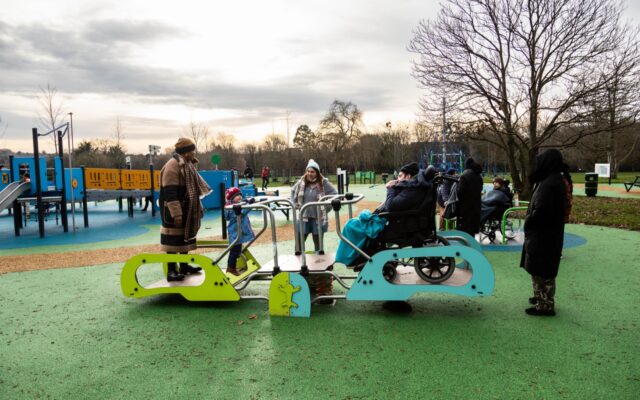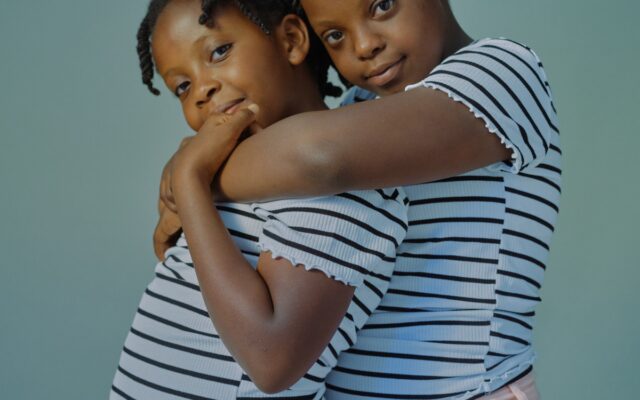Exhibition remembers British Nazi victims
A powerful exhibition reveals the stories of 13 British-born people killed in the Nazi Aktion T4 programme.
Finding Ivy, a Life Worthy of Life reflects how, between 1940 and 1941, 70,000 adults in Germany and Austria who were disabled or had mental health issues were deemed to have “lives unworthy of life”. Of these, 13 were British born.
Dr Helen Atherton from the University of Leeds outlined the project in this magazine in 2019. She led the researchers, who include Community Living’s Simon Jarrett.
At the launch at London’s City Lit college in May, Atherton said: “We want to raise awareness of attitudes and beliefs that deny people their right to life, their right to being.”
Born in Scotland to German and Austrian immigrants, Ivy Angerer was killed aged 29 because she had a learning disability.
The exhibition has been on display in London and Leeds. It is on at The German Historical Institute London and from 1 August to 30 September, at Lotherton Hall, Leeds, 29 July to 30 August. Further venues and events will be confirmed soon.
Award win for Community Living columnist
Mary O’Hara, who joined the magazine as a columnist as part of its relaunch in 2023, has scooped first prize in the LA Press club’s Southern California Journalism Awards.
Judges awarded US-based O’Hara the prize for best columnist in the foreign correspondent category, commending the journalist’s “strong voice when tackling important issues, such as arguing for maintaining health funding for the poor and disabled in the UK and the US”.
Mary’s powerful writing compares and contrasts support for people with learning disabilities in the UK and US, offering readers unique insight and analysis. Explore Mary’s work for Community Living.
Short film shifts views on talking about death
A new film involving people with learning disabilities addresses the issues of death, dying and bereavement.
Commissioned by NHS Somerset and produced by community interest company Biggerhouse Film, We Need To Talk About Death features six people aged 25-63 years supported by Taunton-based care provider My Day Care Services.
Health and care professionals and family members often assume people will not understand the concept of death or find it too upsetting. This undermines their ability to share thoughts about grieving or end-of-life care.
The 15-minute film aims to shift assumptions about who leads and is involved in conversations on death and bereavement.
The film – available in British Sign Language and audio-described versions – is on the NHS Somerset website.
Performer runs festival show on her own terms
The innovative Perfect Show for Rachel has been staged at this year’s Brighton Festival and at the Barbican in London (main photo).
The theatre performance from companies Zoo Co and Improbable had an original sell-out run at the Barbican in 2022. It was developed by Croydon-based company Zoo Co, whose artistic director is Flo O’Mahoney.
Flo’s sister Rachel has a learning disability and loves theatre.
With the aim of creating a show for Rachel “on her own terms”, it explores who is in control of the narrative. Rachel is on stage taking charge of the performance in real time, pushing different buttons on her desk to trigger music, lighting, theatrical scenes or choreography.
The scenes reflect her favourite music, memories and jokes and anecdotes.
The original production won the 2022 Oxford Samuel Beckett Theatre Trust Award and the Off West End Award for accessibility.
Zoo Co collaborates with deaf and disabled artists with all shows “relaxed as standard” with sign language, creative captioning and audio description.
News briefs
Board members step down
The Community Living team and editorial advisory board commend the exceptional contribution of two advisory board members who are leaving after a long voluntary commitment. Gill Levy, advocate for visually impaired people with learning disabilities, became involved shortly after the launch. Isabelle Garnett, parent campaigner, gave her time to bring the magazine to social media.
Home working: a good thing
Remote working is overwhelmingly positive for many disabled people, the work and pensions select committee has heard. Dr Christine Grant, associate professor at Coventry University, told MPs that people are more comfortable, less tired, more productive and better able to control their work environment. However, support is needed to prevent concerns such as isolation or loss of motivation.
First Camphill festival
Camphill Milton Keynes will host the first Festival of Camphill over 23-25 July. The event, open to residents, staff, volunteers and alumni, will focus on the work Camphill does to foster a sense of community. Information on the free event is on the Camphill Milton Keynes website.
Brothers tell their story
The Leaders’ List, run by Dimensions, My Vote My Voice and the Voluntary Organisations Disability Group, has recognised a host of talents. Lorraine Stanley, who is autistic and disabled, was recognised for her work on resources on disability and sex. Others include cyclist Ben Fai, who represented Great Britain at the 2023 Special Olympics in Berlin.





